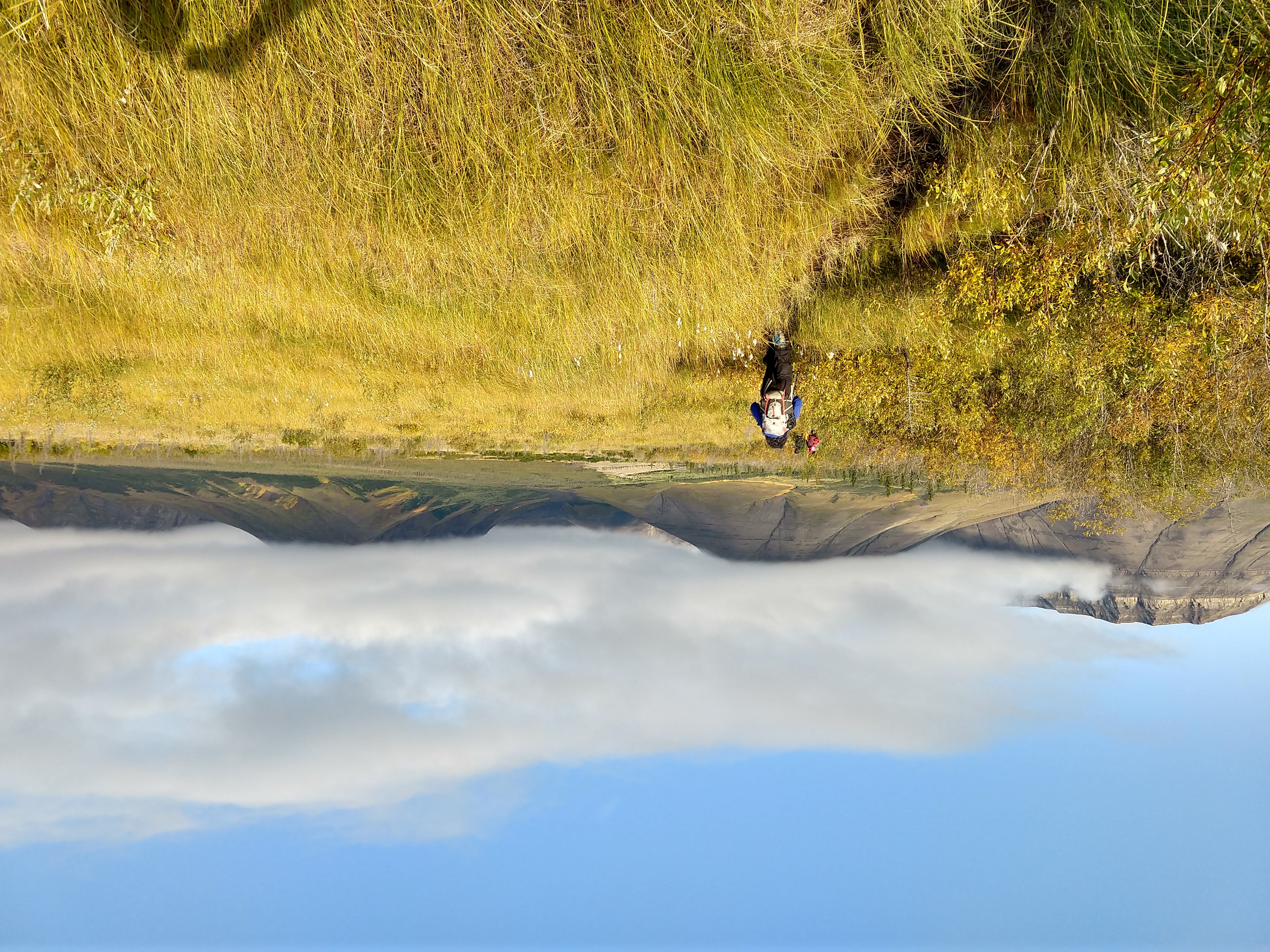Watershed-scale geomorphic response to climate change in the Aklavik Range, Northwest Territories, Canada
Role: Collaborator
Team: Marisa Palucis (PI; Dartmouth College), Justin Strauss (Co-PI; Dartmouth College), Jill Marshall (Portland State), Nathan Peters (Portland State), Bailey Nordin (Dartmouth College), Alec Getraer (Dartmouth College)
Funding: NSF Office of Polar Programs

Rapid climate change in the Arctic is reshaping both natural systems and human communities. Thawing permafrost is causing unstable slopes, increasing risks for Arctic villages, and affecting rivers and coastlines due to more sediment and nutrients entering waterways. Although we know Arctic landscapes are vulnerable to climate change, we don’t fully understand how warming impacts sediment movement in watersheds.
We are studying watersheds in the Aklavik Range, Northwest Territories, Canada, home to several First Nations communities. We are testing whether climate change is speeding up sediment production in mountain areas and increasing the flow of sediment into rivers.
The project focuses on two small watersheds and their fan deposits (areas where sediment accumulates) along a climate gradient. By comparing new data with studies from the 1960s-80s, we will assess how these landscapes have changed over time. Results will help us to better understand how climate change is affecting landscapes, and inform Arctic communities about potential hazards from future warming.
